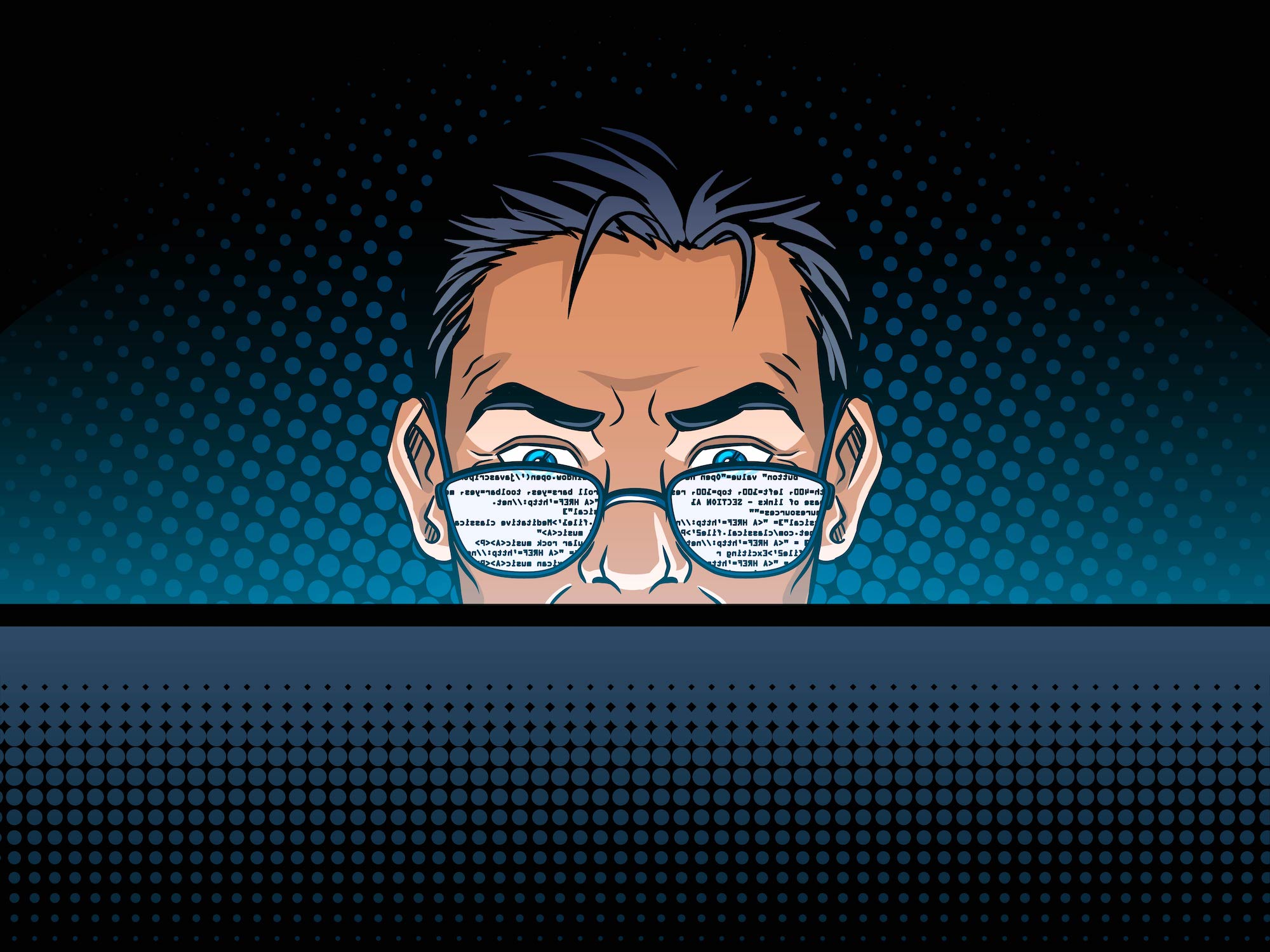Linguistic testing is one of the essential stages of video games localization and constitutes a primary step to follow to launch a gaming product on the market. It is a work phase consisting in quality assurance carried out to check the effectiveness of the in-game texts (and more) and how much is it appropriate for a specific target audience from the cultural, linguistic and contextual point of view.
What does Linguistic Tester do?
The professional figure who deals with this process is called linguistic tester. His task is to “test” the new product, making sure that all text parts inside it are translated accurately. This stage often happens at the end of the localization process.
Linguistic testing constitutes a key step and it shouldn’t be underestimated: the success of a game also depends largely on this aspect. The risk you can take launching on the market a video game translated inadequately comprehends in fact the chance to lose customers, compromising future profits.
Consequently, the linguistic tester has to investigate and correct different kinds of errors and issues which may be in a game.
Among them, there are:
– typos and grammatical errors such as incorrect words, missing letters, incorrect tenses and semantic constructions;
– bugs, often consisting in software failures that lead to unexpected results in the gameplay also concerning linguistic aspects;
– translation errors which can concern any in-game text, menus, external descriptions, user guides, etc.
Functional VS Linguistic Testing
As regards bugs, those technical issues can be reported by the linguistic tester if are concerning the language used in the game, malfunctions in reading subtitles, inappropriate position of texts on the screen, and all aspects concerning the written and dubbing components of the game.
The “classical” bugs are instead typical of software development and usually flagged and reported by the game tester, a professional role focused on the UX experience implementation and quality assurance of the gamplay.
There are in fact two job roles focused on testing: the linguistic and functional one. They often collaborate and one testing phase follows the other or is done simultaneously, but the professionals involved in these steps are more than one.
Testing Phases
As we said, the professional roles involved in this process are two: the game tester and the linguistic tester. The process in its entirety in the video game industry is composed of three key steps:
- Functional testing: in this stage the game tester must ensure no bug is compromising the game. Otherwise, the errors found must be reported to the development team that will solve them. Once the errors have been solved, the tester carries out the so-called regressing test to make sure that the product works precisely after the changes made. In this stage, one of the most challenging tasks (also in terms of time) is certainly the matrix testing. For example, if in a fighting game there are 10 characters that must fight with each other, the tester must try all the possible combinations to exclude any technical bug.
- Translation testing: in this second phase the linguistic tester must verify the accuracy and the adequacy of translation, both grammatically and culturally checking also the visual aspect.
- Compliance testing: a game must comply with the guidelines of the manufacturing companies, respecting their rules and terminology, in order to be placed on the market.
Skills of a linguistic tester
One of the main characteristics essential for a linguistic tester is surely a deep knowledge of the target language ( is often a native speaker of that language).
Moreover, it is essential an in-depth knowledge of the English language because it is often the source language of most of the game titles.
Then this professional figure has to be able to use the most popular IT tools and has to be skilled in technology (moreover, must have a deep interest for video games).
Finally, other useful qualifications could be inclination to teamwork (since he has to be in constant contact with the development team and the functional game tester), patience and care for details, considering that the game will have to be checked accurately several time in order to ensure a commercially valid product.









